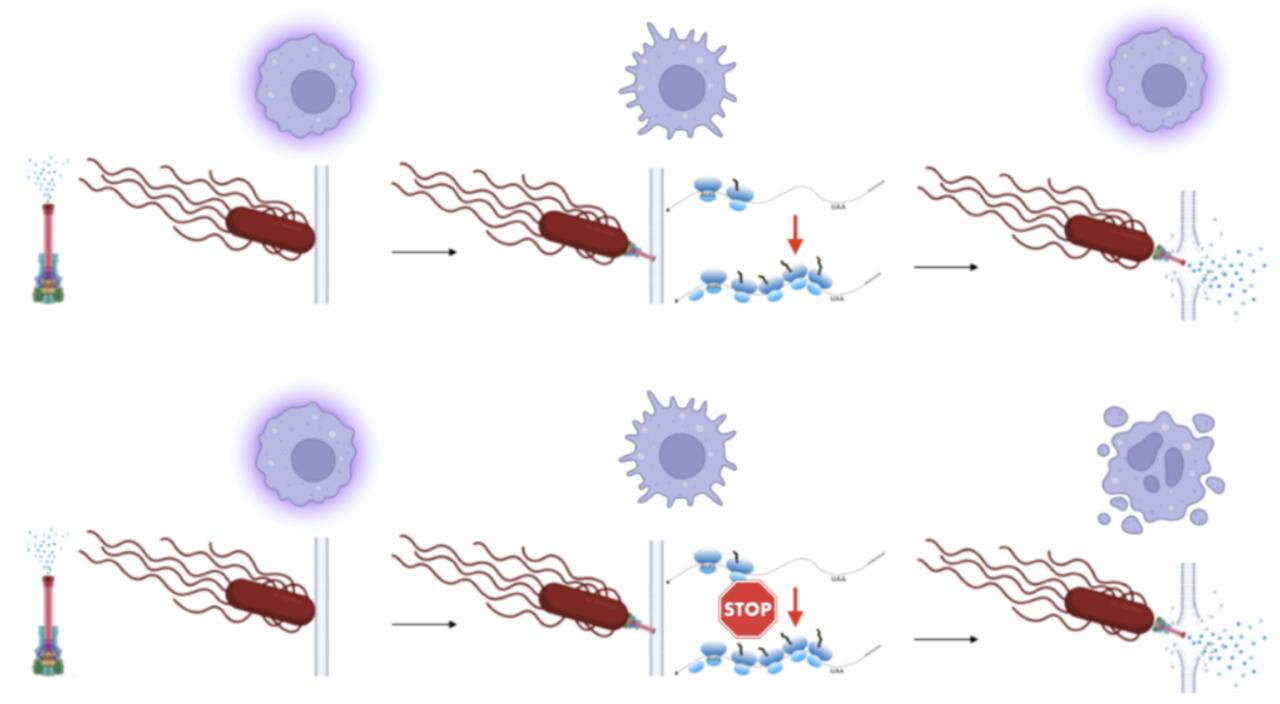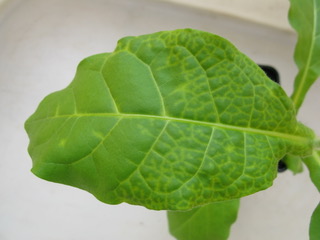
Submitted by Anonymous on Tue, 27/09/2022 - 10:59
New grants to boost understanding of how pathogens exploit their plant hosts and how plants resist attack
Professor John Carr and colleagues in the Plant Virology and Molecular Plant Pathology Group at the Department of Plant Sciences have been awarded new grants from the Leverhulme Trust and UKRI’s Biology and Biotechnology Research Council to enhance our understanding of how pathogens exploit their plant hosts and how, in turn, the plants resist attack.
‘Funding from the Leverhulme Trust for our work on persistent plant viruses will help us understand and evaluate the potential these harmless viruses have to improve crop growth and disease resistance, and particularly how they work with their host plants to provide protection against other pathogens.’, said Carr.
‘I’m also delighted that we’ll be working with Dr Betty Chung and her research group in the Pathology Department on a UKRI-BBSRC funded initiative to investigate how her pioneering discoveries with injectisomes in Salmonella and white blood cells apply in the plant world.’
The projects will commence in autumn 2022.
Tobacco mosaic virus in tobacco
Project profiles
‘Heritable viruses: aids to plant success and survival’ (Leverhulme Trust)
Turning ‘persistent’ viruses into allies – a possible boon for crop improvement
The four-year Leverhulme Trust Award for the ‘Heritable viruses: aids to plant success and survival?’ project will enable researchers to understand of how plants ‘negotiate’ with pathogens and turn them into ‘allies’.
The aim of the work is to improve our understanding of the coevolution of viruses and their hosts and to explore the potential of ‘good’ viruses in protection of crop plants against disease and environmental stresses.
Recent experiments suggest that ‘persistent’ plant viruses - viruses that are transmitted exclusively through seeds and pollen, but which cause no disease - may ‘reward’ their hosts by, for example, protecting them from those microorganisms and pests that attack and damage plants.
Genetic evidence suggests that these viruses are descended from infectious disease-causing viruses, but seem to be evolving towards becoming beneficial plant partners.
The project will elucidate the mechanisms by which persistent viruses may be aiding plants and determine if these viruses or the factors they produce have potential in crop improvement.
‘Rapid translational responses as a novel mechanism to repair cellular damage caused by the bacterial injectisome’ (BBSRC)
Boosting our understanding of responses to bacterial syringes in plant cells
The UKRI-BBSRC award will enable the group to conduct the ‘Rapid translational responses as a novel mechanism to repair cellular damage caused by the bacterial injectisome in animal and plant host cells’ project, in collaboration with Dr Betty Chung and her research group at the Pathology Department.
Many disease-causing bacteria are covered in tiny needle-like structures called 'injectisomes'. These are nano-syringes that inject molecules into host cells to promote disease by, for example, inhibiting resistance.
Injectisomes are used by bacteria that attack animals, humans and plants, as well as by food-poisoning bacteria that colonise the edible parts of plants. Understanding how cells respond to penetration by injectisomes is important for enhancing protection of crops against bacterial diseases, and for increasing food safety.
The project will determine if similar translational and transcriptional responses occur in plant cells under attack from bacterial pathogens as they do in white blood cells in response to the Salmonella bacteria, and to what extent the responses are triggered by injectisome penetration itself.
The project has potential to improve protection of human and crop hosts against disease.
Useful links
Virology and molecular plant pathology research group in the Plant Sciences Department - https://www.plantsci.cam.ac.uk/research/groups/virology-and-molecular-plant-pathology
Professor John Carr - https://www.plantsci.cam.ac.uk/directory/john-carr
Dr Betty Chung - https://www.path.cam.ac.uk/directory/betty-chung
Department of Pathology - https://www.path.cam.ac.uk/

